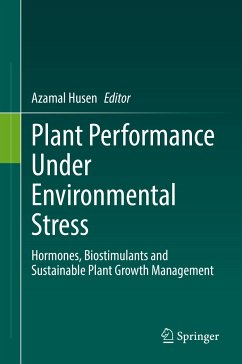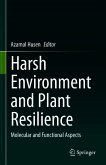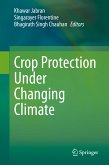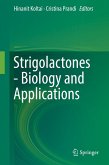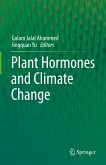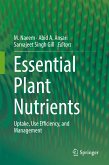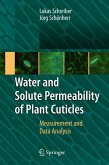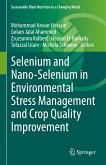Plant growth regulators modulate plant responses to biotic and abiotic stresses, and regulate their growth and developmental cascades. A number of physiological and molecular processes that act together in a complexregulatory network, further manage these responses. Crosstalk between autophagy and hormones also occurs to develop tolerance in plants towards multiple abiotic stresses. Similarly, biostimulants, in combination with correct agronomic practices, have shown beneficial effects on plant metabolism due to the hormonal activity that stimulates different metabolic pathways. At the same time, they reduce the use of agrochemicals and impart tolerance to biotic and abiotic stress. Further, the use of bio- and nano-fertilizers seem to hold promise to improve the nutrient use efficiency and hence the plant yield under stressful environments. It has also been shown that the seed priming agents impart stress tolerance. Additionally, tolerance or resistance to stress may also be induced by using specific chemical compounds such as polyamines, proline, glycine betaine, hydrogen sulfide, silicon, ß-aminobutyric acid, ¿-aminobutyric acid and so on.
This book discusses the advances in plant performance under stressful conditions. It should be very useful to graduate students, researchers, and scientists in the fields of botanical science, crop science, agriculture, horticulture, ecological and environmental science.
Dieser Download kann aus rechtlichen Gründen nur mit Rechnungsadresse in A, B, BG, CY, CZ, D, DK, EW, E, FIN, F, GR, HR, H, IRL, I, LT, L, LR, M, NL, PL, P, R, S, SLO, SK ausgeliefert werden.

